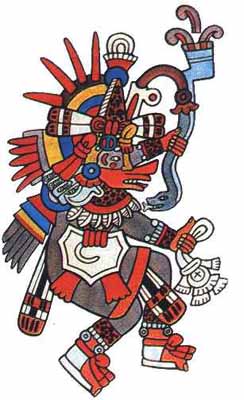Charles Pollack
9/18/2011
Eng 1B
At the very beginning, we come to understand Marjane’s internal convictions and the parent’s life style. Marjane writes, “…I WAS VERY RELIGIOUS…WE WERE VERY MODERN AND AVANT-GARDE”(6). Marjane reemphasizes her conviction with this statement, “I WAS BORN WITH RELIGION”(6). At this point of the story, the word religion is juxtaposed between her belief concerning the existence and nature of a deity which includes the involvement in human life and the other side is, strongly–held beliefs, values and attitudes that she lives by. In one picture people are kneeling down toward what appears to be worshipping a deity, “…I WAS THE LAST PROPHET…” (6), the very next two pictures shows what appears to be Jesus Christ, Mohammad and several other prophets. The last three passages represent the other side of a prophet of somebody who advocates a cause or idea by stating, “I WANTED TO BE A PROPHET…BECAUSE OUR MAID DID NOT EAT WITH US.”, “BECAUSE MY FATHER HAD A CADILLAC.”, “…ABOVE ALL… MY GRANDMOTHER’S KNEES ALWAYS ACHED” (6). Marjane demonstrates the prophet advocate by concluding the passage, “DON’T WORRY, SOON YOU WON’T HAVE ANY MORE PAIN. YOU’LL SEE” (emphasis added) (6).
The passages quoted above, helped me to understand her thinking and her beliefs that started at an early age. She is sponge-like in absorbing information and perceptions about her culture and of people around her. The New York Times Book Review, on the back cover of the book, mentions “…insouciant wit.” Textually, insouciant can describe Marjane’s way of thinking. One example she describes, her Holy book with rules. She demonstrates by writing these rules, “…THESE THREE RULES: BEHAVE WELL, SPEAK WELL, ACT WELL” (7). Then she writes these rules, “…SIX: EVERY-BODY SHOULD HAVE A CAR…SEVEN: ALL MAIDS SHOULD EAT AT THE TABLE…EIGHT: NO OLD PERSON SHOULD SUFFER” (7). She is beginning at this point to be more of an idealist, like her parents.
When asked about what she will be when she grows up, Marjane declares, to her classmates and her teacher, “I’LL BE A PROPHET”(8). However, to her parents she flatly states, “I WANT TO BE A DOCTOR”(9). I believe the reality or the conflict she internalizes, goes back to the start of the Revolution. Wearing the Veil, changing schools, and the demonstrations was her external conflict.The contradiction came after a journalist took a photograph of her mother demonstrating. She states, “I WAS REALLY PROUD OF HER”(5). Then the photo appeared in an Iranian magazine, “… MY MOTHER WAS REALLY SCARED” (5). Her mother than changed her appearance. She believed her mother had the right to demonstrate but when exposed to the reality of the situation, it was not OK!
Clearly, she was confused at this point. She writes, “MY FAITH WAS NOT UNSHAKABLE” (10). She begins to externalize the situation by her own demonstrations. By becoming a revolutionary, she can be involved in concrete actions. She explains, ‘THE YEAR OF THE REVOLUTION I HAD TO TAKE ACTION…” (10).
